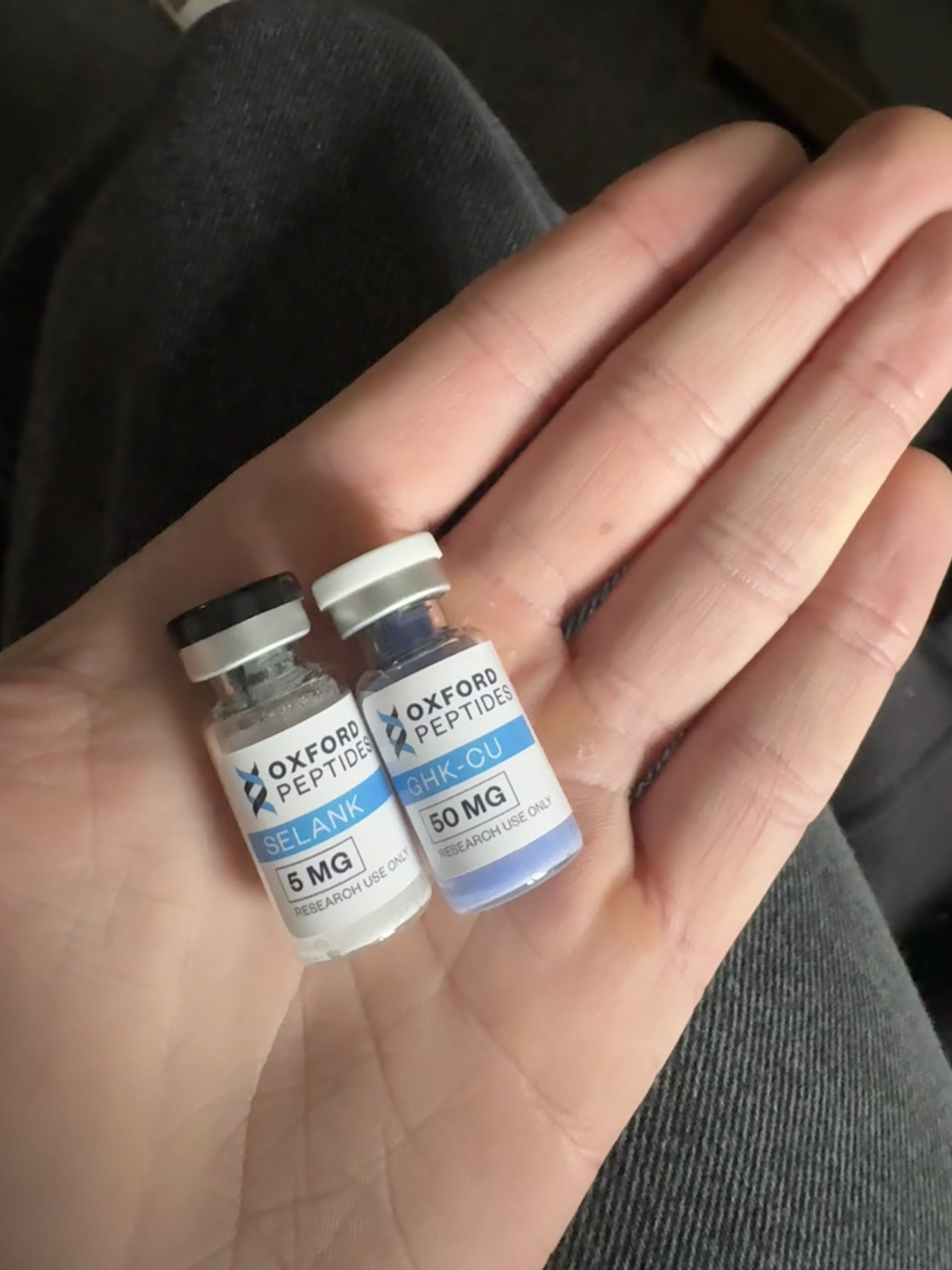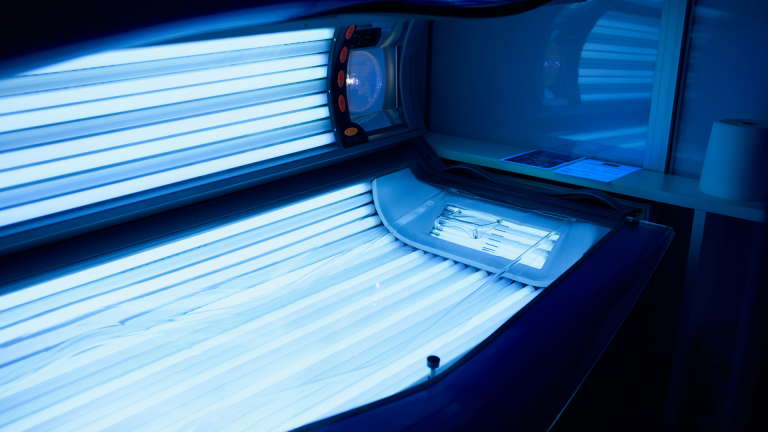It’s hard to scroll through TikTok or Instagram without seeing someone talk about peptides. Whether it’s a gym bro raving about faster fat loss or influencers swearing by glowing skin and better sleep, peptides have officially entered the mainstream.
But what are peptides really? Do they work? Are they safe? And should you try them?
Let’s break it all down in plain English, including some of my own results using peptides for skin, cognition and overall health.
What Are Peptides?
Peptides are short chains of amino acids, the building blocks of proteins. They naturally occur in your body and help regulate key processes like:
- Growth hormone release
- Fat metabolism
- Inflammation
- Healing and recovery
- Libido and cognitive function
Some peptides are naturally produced by the body, while others are synthetically made to mimic or boost those natural signals.
You can think of them as messengers that tell your body to do specific things more efficiently. Whether that’s burn fat, repair tissue, improve sleep or sharpen mental focus, peptides often work in targeted and measurable ways.
My Personal Experience With Peptides
I’ve experimented with a few different peptides, and the results have honestly been better than expected.
- Melanotan 2 (nasal): This was my first proper peptide trial. It’s primarily known for tanning, and yes, it works. I noticed a deep, even tan within a couple of weeks. I break this one down in more detail in my Melanotan 2 blog post.
- Selank (injectable): I used this one for cognitive support. I wasn’t sure at first if the effects were placebo, but I consistently noticed that talking felt easier. There was a strange but very real clarity when I spoke, almost like my brain was on rails. The words would fall out of my mouth smoothly, and I felt noticeably calmer and more focused in conversation.
- GHK-Cu (injectable): This peptide is often used topically in anti-ageing creams, but I went with the injectable form to enhance systemic results. Within a week, I noticed my skin looked shinier, smoother and clearer, especially in the mornings. I’d wake up looking like I had just applied a full skincare routine. It gave my face a hydrated, fresh glow without me touching a single product.
Everyone reacts differently to peptides, but these results were real enough for me to keep experimenting and feel like I have enough knowledge to write about my first hand experience with them.
Why Are Peptides Suddenly So Popular?
1. Social Media Popularity
On TikTok, YouTube and Reddit, people are documenting dramatic transformations with peptides like:
- Semaglutide & Retatrutide for weight loss
- BPC-157 for injury recovery
- CJC-1295 for growth hormone support
Short-form content makes it easy to show real results, which fuels interest and gets more people experimenting.
2. Easier Access in the UK
Peptides used to be hard to find outside of specialist clinics. Now, telehealth platforms and compounding pharmacies are making them more accessible. Even weight-loss medications like Wegovy and Ozempic, which are based on the peptide Semaglutide, are available in both NHS and private healthcare settings.
3. People Want Targeted Results
Most supplements are hit or miss. Peptides, on the other hand, are highly specific. Want better sleep? There’s a peptide for that. Want fat loss without muscle loss? There’s a protocol for that too. The ability to choose compounds for precise outcomes is part of what makes peptides so exciting.
Not Sure Where to Start? Try my Peptide Calculator
What Types of Peptides Are There?
Here’s a simple breakdown of popular peptide categories and what they’re commonly used for.
Growth Hormone Releasing Peptides
CJC-1295, Ipamorelin, GHRP-6:
- Stimulate natural growth hormone production
- Benefits: Fat loss, improved sleep, better recovery
Fat Loss Peptides
Semaglutide, Tirzepatide and Retatrutide
- Mimic GLP-1 hormones to reduce appetite and regulate blood sugar
- Benefits: Sustained weight loss with less hunger
Healing and Recovery
BPC-157, TB-500
- Promote tissue regeneration and reduce inflammation
- Benefits: Faster recovery from injury, improved gut health
Cognitive and Mood Support
Selank, Semax, Dihexa
- Boost focus, memory and stress resilience
- Benefits: Mental clarity, calm energy, less brain fog
Skin and Hair Peptides
GHK-Cu
- A copper peptide that supports collagen production and tissue repair
- Benefits: Healthier, clearer skin and improved tone and texture
Are Peptides Safe?
Most peptides are well tolerated, but only when used responsibly.
- Buy from reputable and transparent suppliers.
- Know the legal status in your country. In the UK, some are prescription-only.
- Start with low doses and track how your body responds.
- Watch out for side effects like nausea, fatigue or water retention, especially when stacking multiple peptides.
This is not medical advice. Always speak to a qualified healthcare provider before starting any compound.
How Do You Use Peptides?
Most peptides come as a freeze-dried powder that must be reconstituted with bacteriostatic water. They’re typically injected subcutaneously, just under the skin in areas like the belly or thigh.
Some peptides also come in nasal sprays, pen injections or oral lozenges, depending on the compound and use case.
Final Thoughts: Are Peptides Right for You?
If you’re putting in the work with training, diet and recovery, and you’re still feeling stuck, peptides could be worth exploring.
They’re not magic, and they’re not a replacement for the fundamentals, but they do offer a powerful way to push through plateaus and optimise specific aspects of your health.
In my case, they’ve helped me with focus, skin clarity and body composition. And as more people get access to this level of biohacking, I think we’ll only see peptides grow in popularity.



